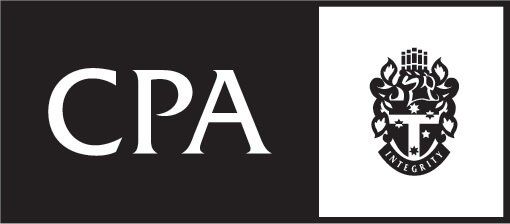April 2023 - Update
New 15% super tax to apply from 1 July 2025
The Government recently announced it will be imposing a 15% additional tax on individuals that have more than $3 million in
superannuation. The new measure is expected to commence from 1 July 2025 (i.e. the start of the 2026 income year).
The main takeaways from the information provided thus far include the following:
- The additional 15% tax will broadly apply to the annual movement in the value of an individual’s superannuation balance, adjusted for withdrawals and contributions. These ‘earnings’ are further adjusted to ensure only the proportion corresponding to the balance above $3 million will be subject to the new tax.
- There will be no limit imposed on the size of superannuation account balances.
- Individuals will have the choice of paying the tax liability personally or from their super fund.
In current terms, the Government expects that the new tax will apply to 0.5% of people with money in superannuation (around 80,000 people). However, the proposal does not currently allow for indexation of the $3 million threshold, so more individuals may be impacted in the future.
Start thinking about your FBT obligations
The 2023 FBT year ended on 31 March, so it is now time for employers to get ready to lodge their 2023 FBT returns, where they have provided benefits to their employees (or their associates) between 1 April 2022 and 31 March 2023.
If you have provided fringe benefits to employees during the year, we are able to assist you with satisfying the following requirements:
- self-assessing your FBT liability for the FBT year;
- lodge an FBT return (if you have an FBT liability or paid FBT instalments through your activity statements);
- pay the FBT you owe by the due date; and
- calculate the reportable fringe benefits amount to be included on each employee’s income statement or payment summary (if the total taxable value is more than $2,000).
Employers that have an FBT liability for the year ended 31 March 2023 are generally required to lodge their FBT return and pay their FBT liability by 26 June 2023, where they lodge their FBT return electronically through a registered tax agent.
Employers that are not included on a registered tax agent’s FBT client list must generally lodge an FBT return by 22 May 2023.
Employers do not need to lodge an FBT return if they are not liable to pay FBT for the year and have not paid FBT instalments during the year. If you are registered for FBT but do not think you need to lodge a 2023 FBT return, please contact our office so that we can confirm and let the ATO know before the due date, to ensure the ATO will not seek a return at a later date.
Please contact our office to ensure you are ready for FBT season and confirm what information we will need from you to lodge your 2023 FBT return by the due date.
FBT exemption for electric cars
Until recently, the FBT consequences for providing electric cars to employees were effectively the same as any other car. However, from 1 July 2022, FBT is no longer payable on benefits provided for eligible electric cars and associated expenses. Practically, this exemption will be relevant for the first time in the 2023 FBT year.
Broadly, benefits provided for electric cars will be exempt from FBT where the following criteria are met:
- the car is a zero- or low-emissions vehicle;
- the first time the car is both held and used is on or after 1 July 2022;
- the car is used by a current employee or their associate(s) (e.g., a family member); and
- luxury car tax has never been payable on the importation or sale of the car.
Registration, insurance, repairs, maintenance and fuel expenses provided for eligible electric cars are also exempt from FBT.
Note that, while the benefit is exempt from FBT, the taxable value of the benefit must still be determined when working out whether an employee has a reportable fringe benefits amount to be included on their income statement or payment summary.
Tips to reduce study and training loan balances
If you have a study and training loan balance (e.g., a HELP debt), it may be worthwhile to consider methods of reducing the balance to ensure you are not left with a large tax bill when your 2023 income tax return is lodged.
While there is no interest charged on study and training loans, indexation is added to these debts on 1 June each year, based upon the consumer price index (‘CPI’). Given the current rate of inflation, individuals with study and training loan balances should expect a larger than normal adjustment this year.
If you have a study and training loan balance, it is worth checking your loan balance and considering the following tips:
- Let your employer know if you have started studying or have a study loan.
- Check the amount your employer is withholding. If there has not been enough withheld to cover your compulsory repayment, you can ask your employer to increase the withholding amount.
- Make a voluntary repayment to reduce your total loan amount. Indexation on the loan is applied on 1 June, so a voluntary repayment prior to this date will reduce the balance that indexation is applied to. Note that it may take a few business days for the ATO to receive and process the payment.
Indexation will not apply to a study and training loan on 1 June if the balance is nil. Any loan debt over 11 months old will be subject to indexation.
The compulsory repayment threshold for the 2023 financial year is $48,361. If you earn over this amount, the compulsory repayment is worked out when your tax return is lodged, and it will be included on your notice of assessment.
The information provided in this update is general in nature and if you have any queries of require further information or assistance with the above, please contact our office.
Crawford News






